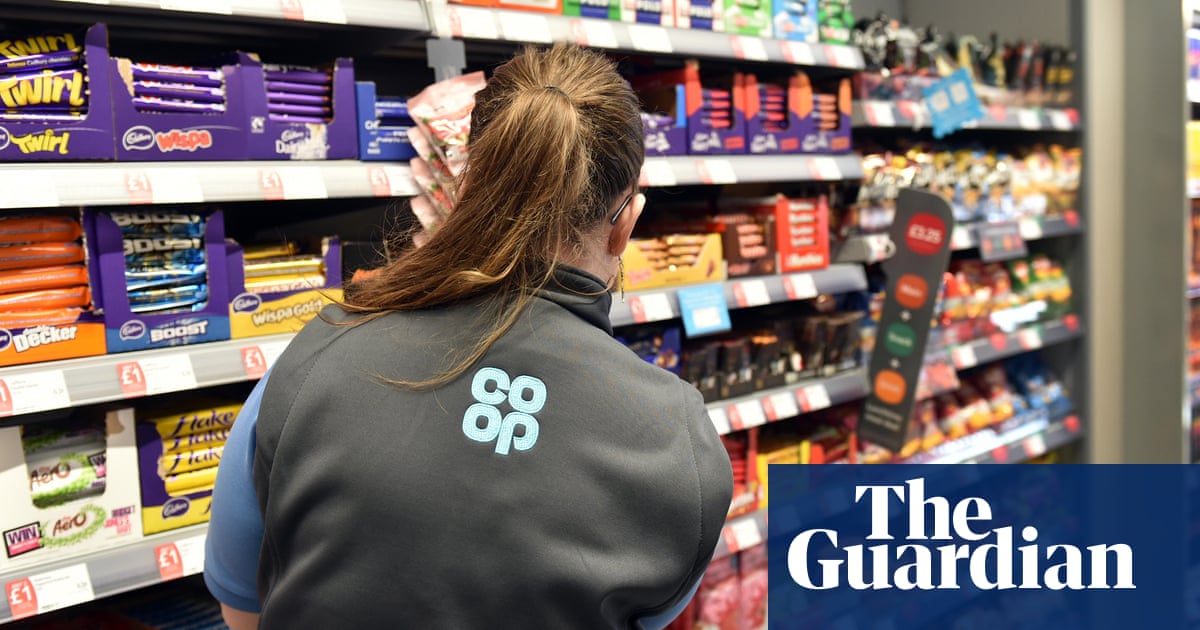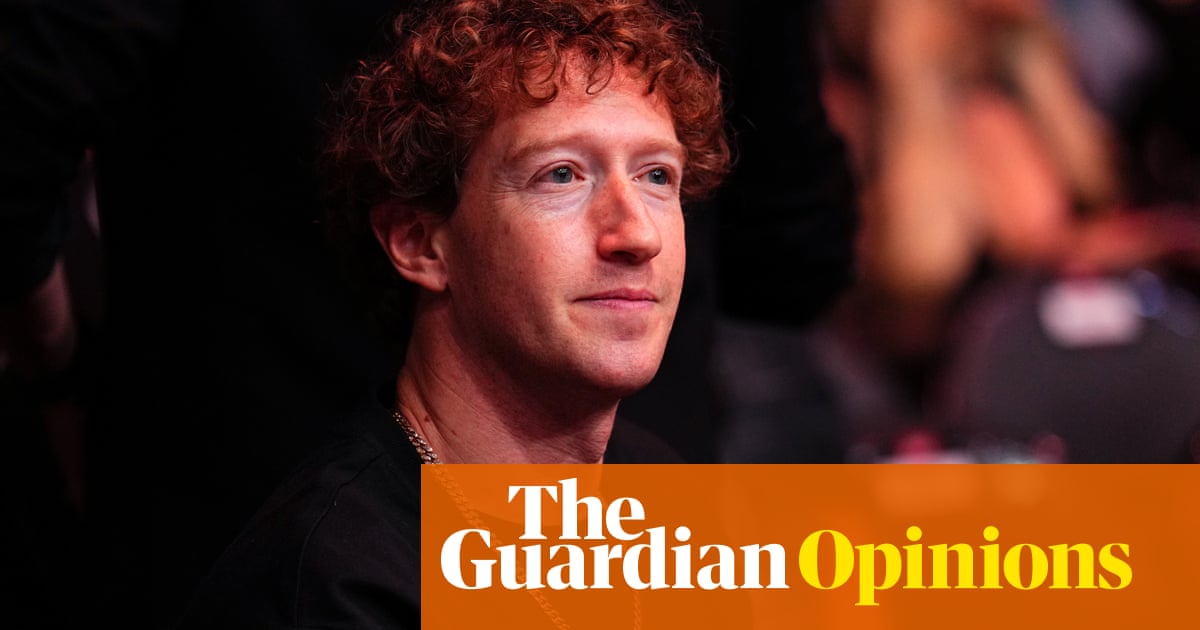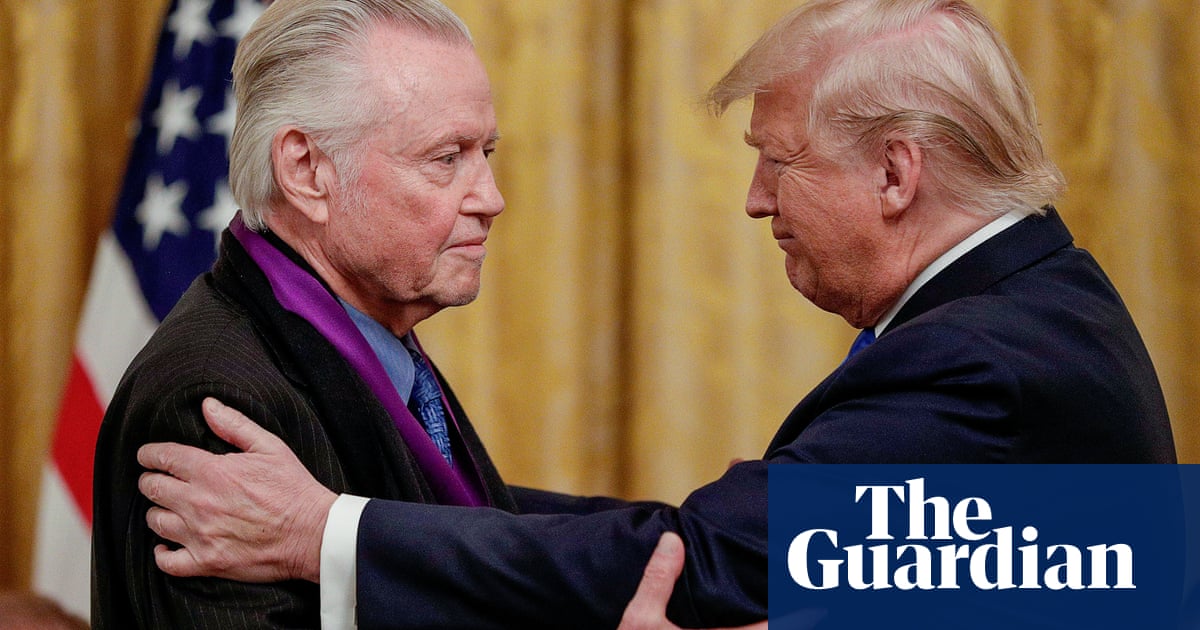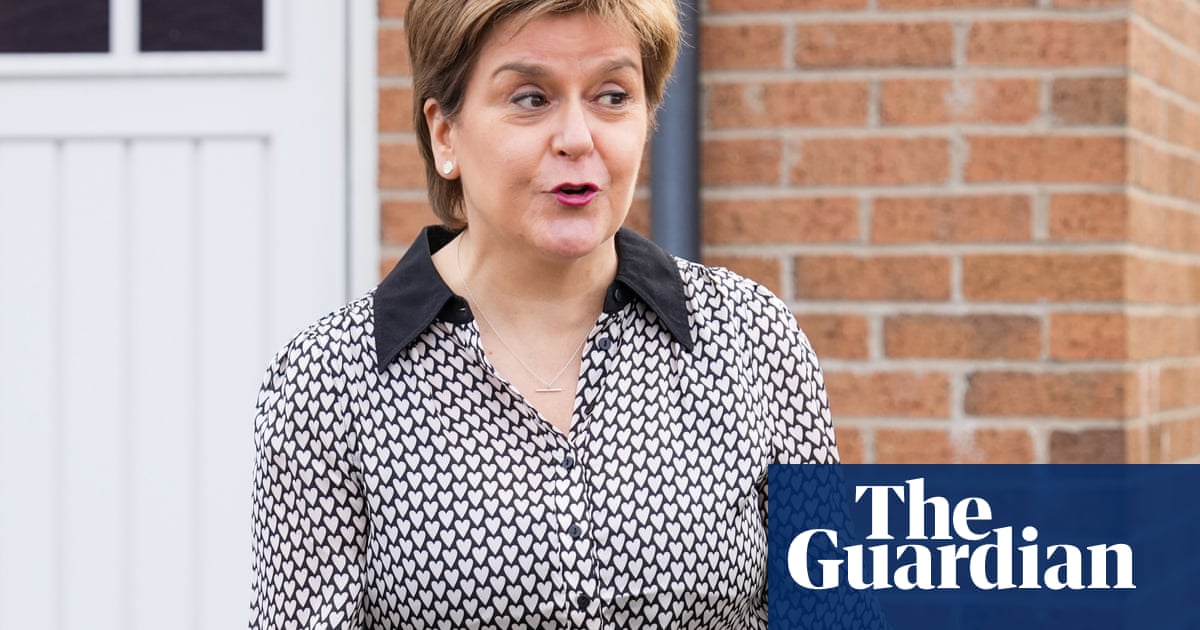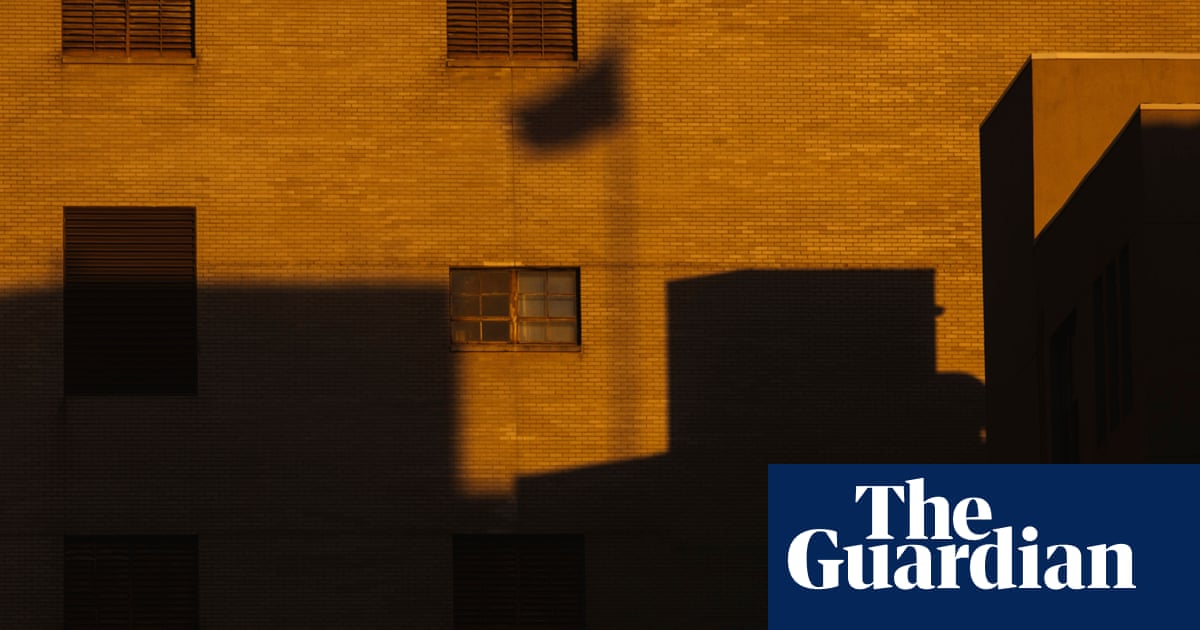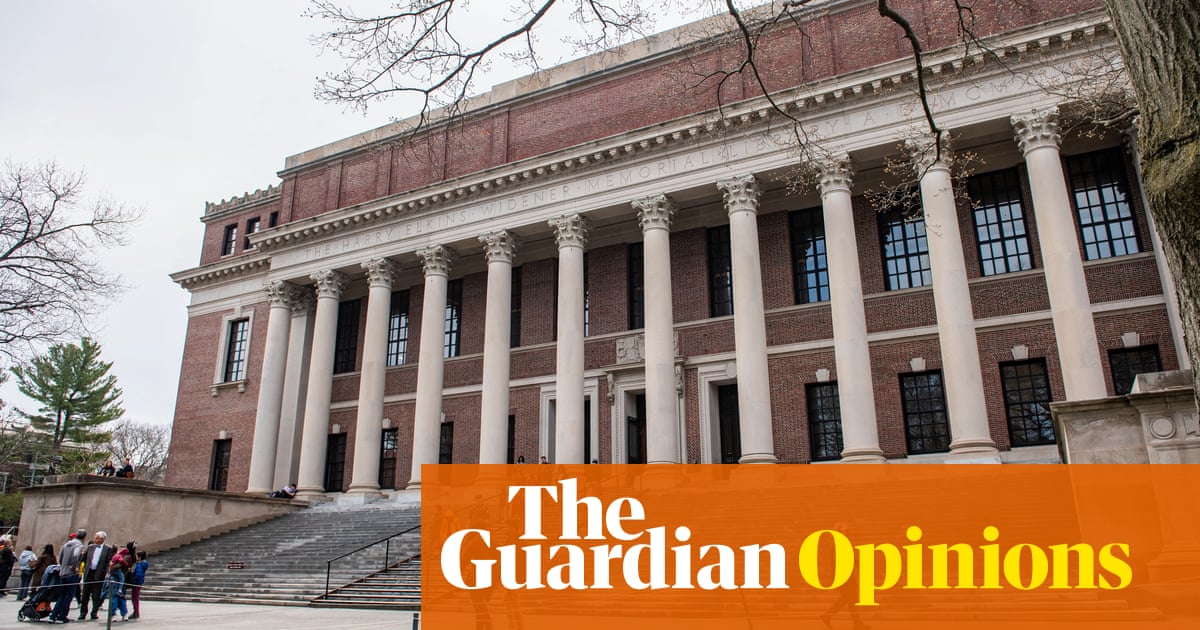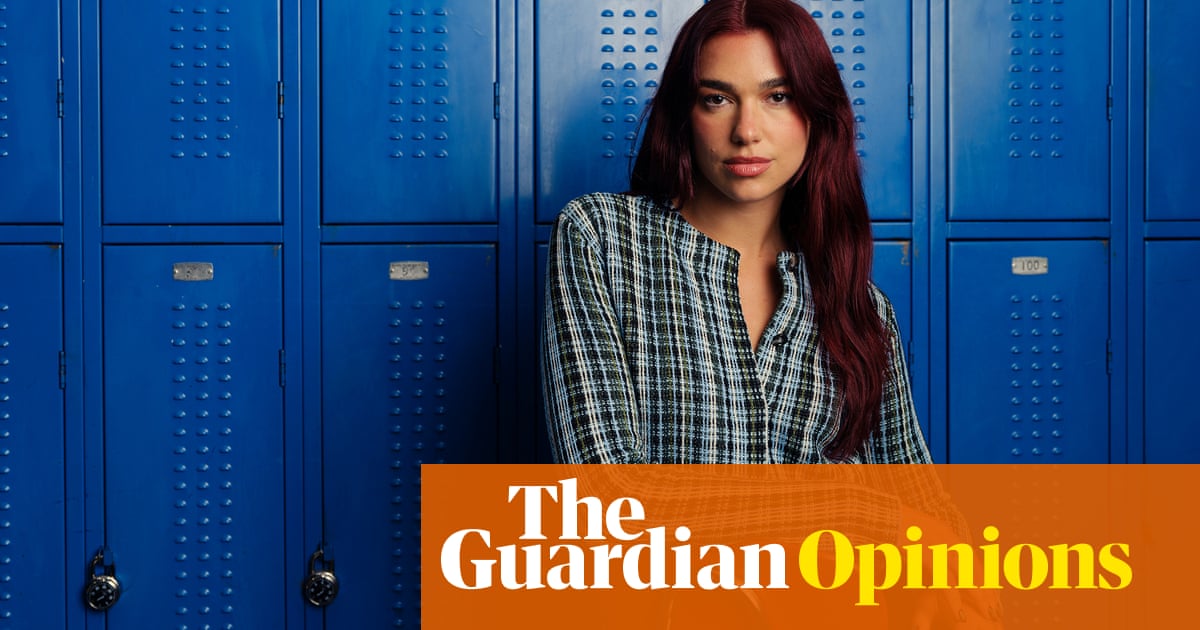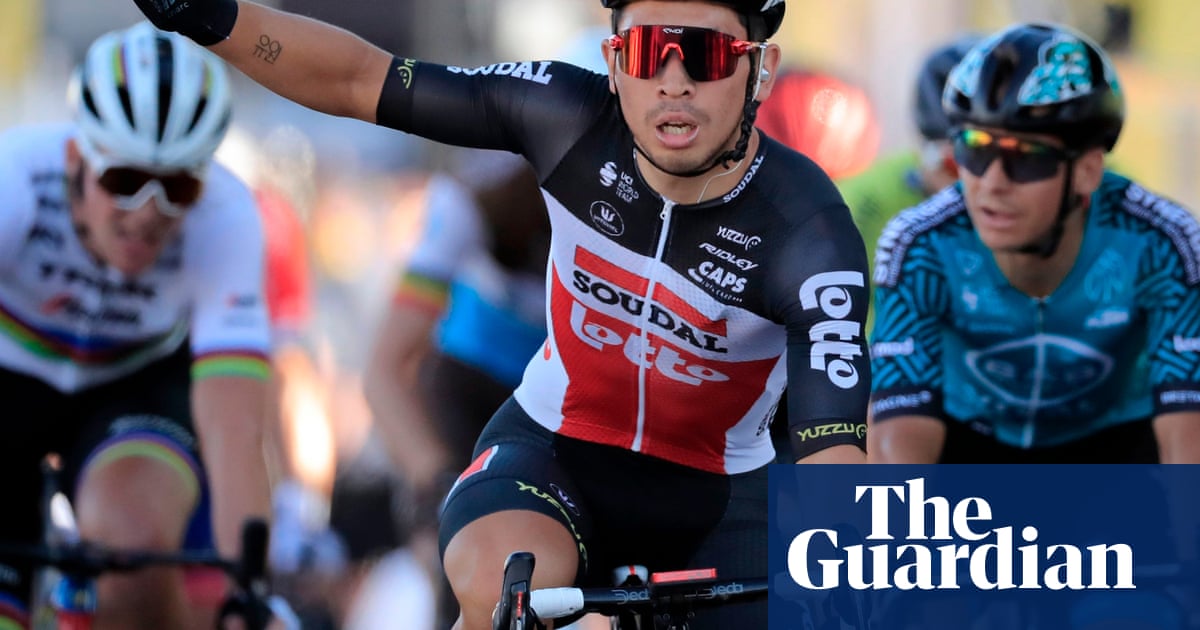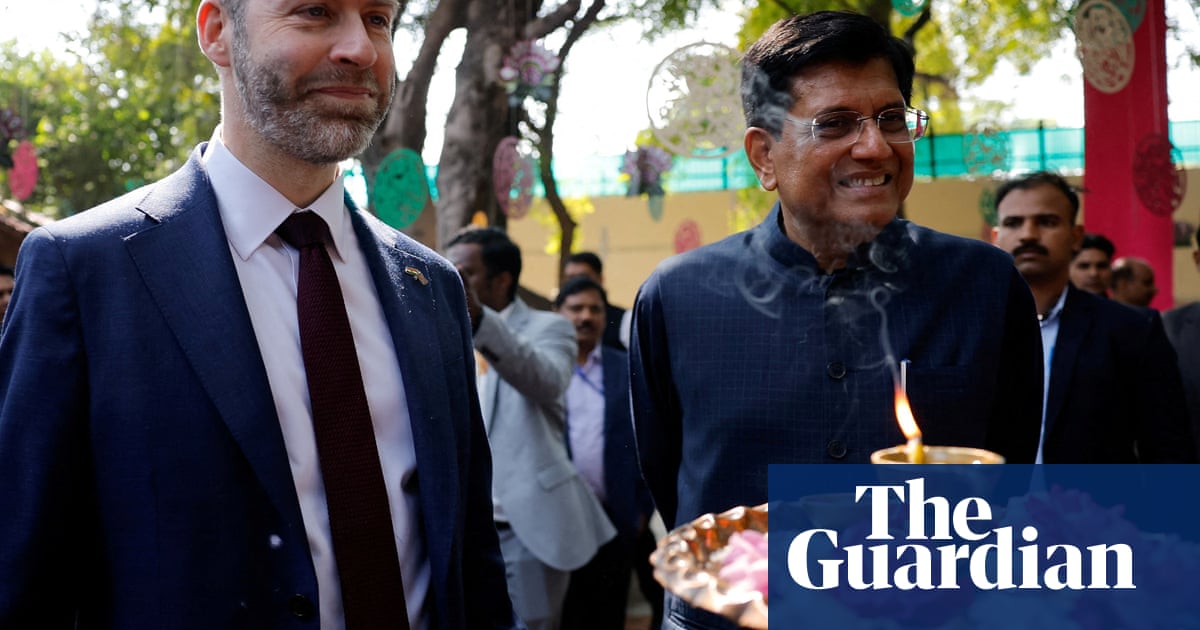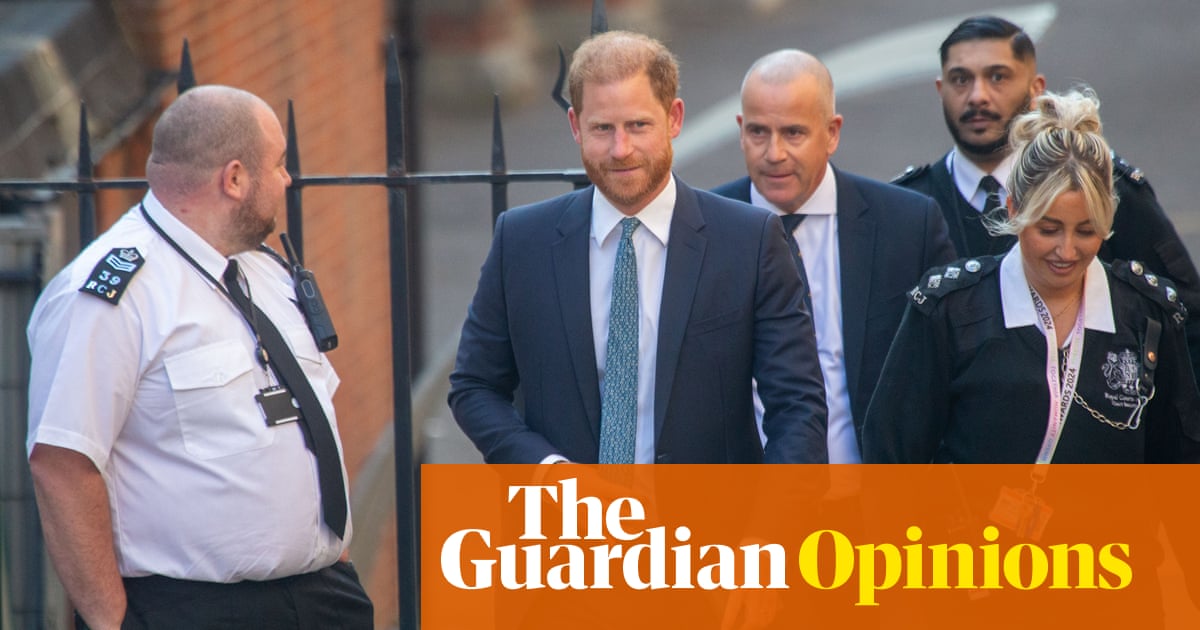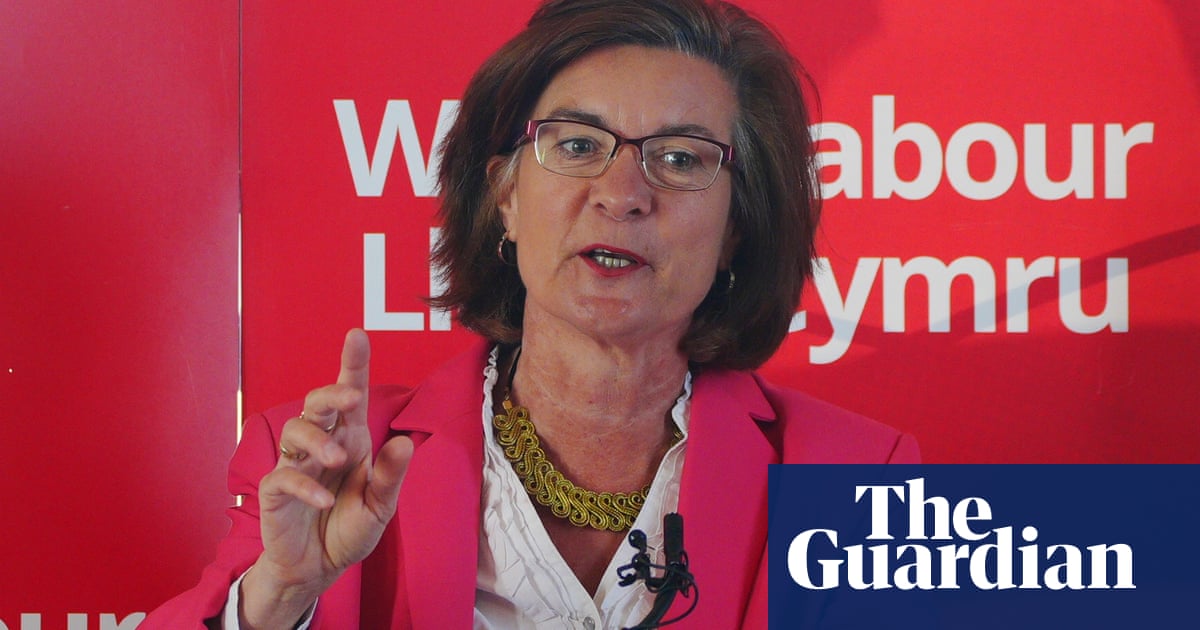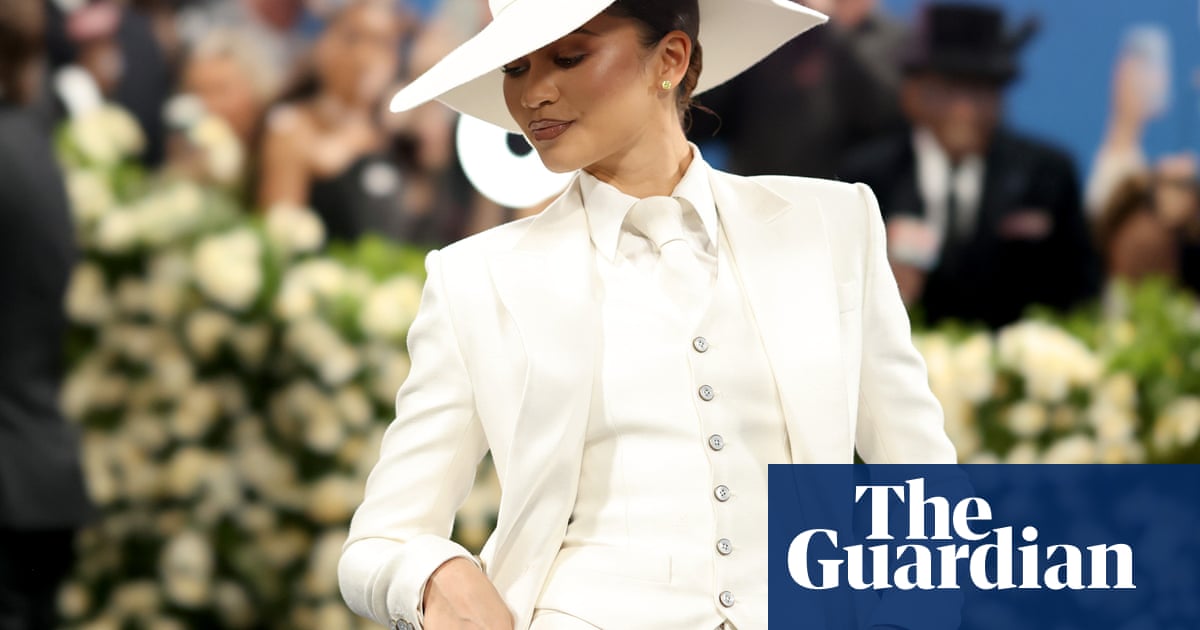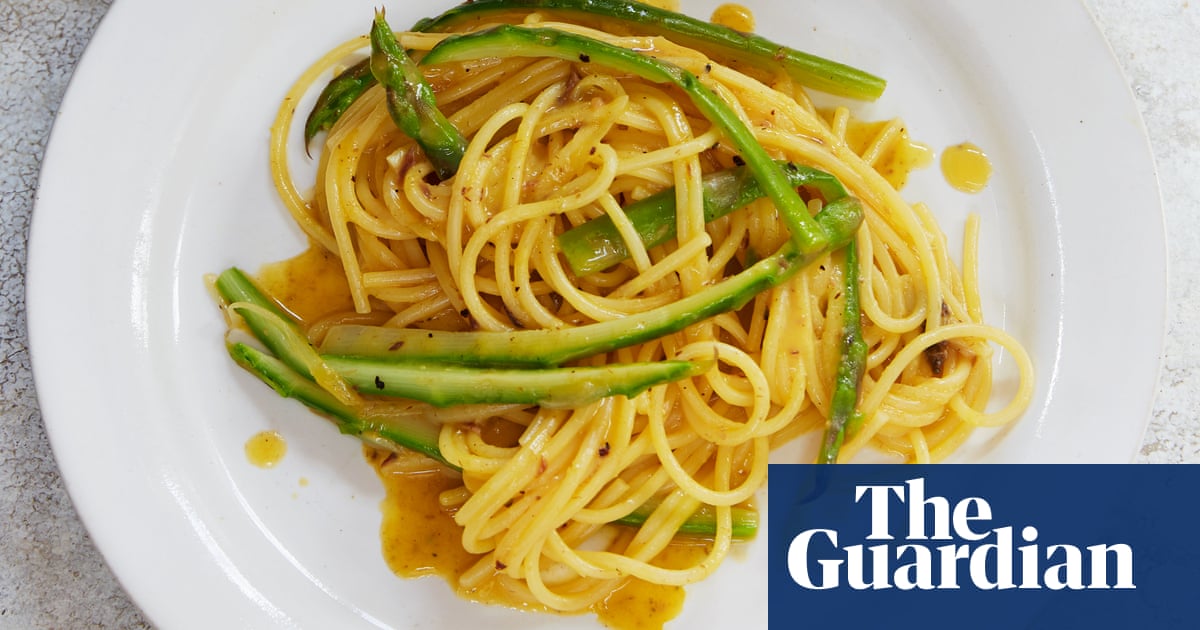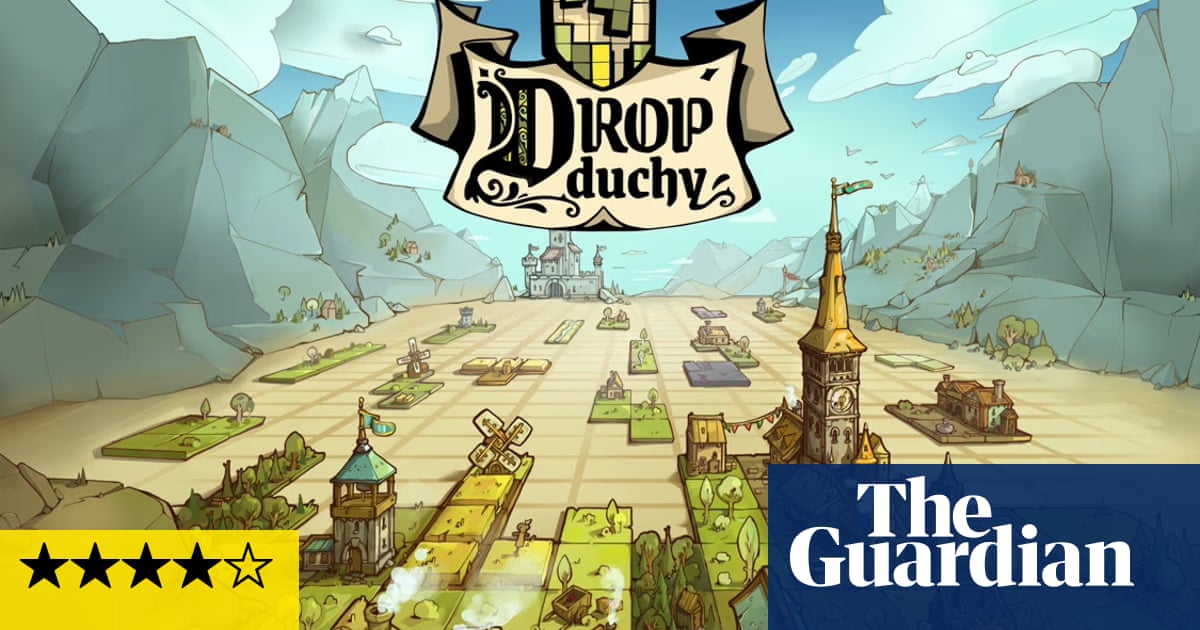Canada’s prime minister, Mark Carney, was due to meet with US president, Donald Trump, on Tuesday in a closely watched encounter at the White House that could hint at the future relationship between the two countries and their two leaders.
Over the weekend, Trump said it was “highly unlikely” he would use military force to annex Canada, a key trading partner and political ally. In recent months, the president has repeatedly threatened to use economic coercion to weaken Canada to the point that it accedes to Trump’s wish to make it the 51st state.
“I think we’re not ever going to get to that point, something could happen with Greenland … I don’t see it with Canada, I just don’t see it, I have to be honest with you,” he said.
Carney crafted much of his federal election campaign on Canada’s collective outrage over the US president’s threats to the nation’s sovereignty. During his victory speech last week, Carney used one of his campaign’s most frequently delivered lines, telling exuberant supporters Trump wanted to “break us, so that America can own us”.
“That will never, ever happen,” he added, to shouts from the crowd.
Carney also used his first post-election press conference to once again quash any idea Canada was interested in becoming the 51st US state, a proposal repeatedly floated by Trump.
“It’s always important to distinguish want from reality,” Carney said on Friday, referring to a firm belief that Canada joining the US will “never, ever happen”.
Colin Robertson, a former senior Canadian diplomat who has had numerous postings in the US, said Trump’s relatively cordial tone since the election bodes well for the Canadian delegation and makes an Oval Office ambush less likely.
Robertson speculated that Trump’s background as a property developer has helped frame his perception of Carney – who he last week referred to as a “very nice gentleman”.
“Anybody I met in real estate, their favourite people are bankers. I suspect that immediately, Trump will look at Carney as a kind of ‘super banker’ and see him in a positive light,” he said.
“And Carney’s also been very careful not to be personally critical of Trump, beyond talking about him that we’re a sovereign country, and this is how we’re doing stuff. That’s worked very well for him. He pushed back when Trump questioned our sovereignty, but that push back would be something the president understands, because that’s how he behaves.”
While much was made about Trump’s awkward handshake with Carney’s predecessor Justin Trudeau, the pair had a famously frosty relationship.
In Trudeau’s final days as prime minister, Trump repeatedly derided him as “governor” of Canada. And while the president had sometimes called the prime minister a “very nice guy”, Trump also called Trudeau “two-faced” after he was revealed on video leading the laughter at Trump’s expense at a Nato summit.
Still, Carney’s “antagonistic” rhetoric towards Trump might be something he might regret when faced with the economic realities of Canada’s dependence on the United States, said Ryan Hurl, an assistant professor of political science at the University of Toronto.
“I suspect he backs away from the idea that our relationship with the United States is ‘over’ and he might modify it to say that our relationship is ‘changing’,” said Hurl. “Trade negotiations are never completely static and hopefully he can present his negotiations with Trump as something that is better for Canada, and not simply as bending the knee to President Trump.”
The headwinds the prime minister faces in Tuesday’s White House meeting are already sufficiently strong, on both the economic and partisan fronts.
“If Carney presents himself as making concessions to Trump to preserve the trading relationship between the two countries, the Conservative party will be able to take advantage of this,” said Hurl. “But if no agreements can be made, Canadians are going to start feeling the political the economic fallout very quickly.”
Carney ran much of his brief federal election campaign on the idea that Canada needed to seek out new trade markets. And while a pledge to reshape Canada’s economic structure was welcomed by voters, many of the structural changes implied by such a policy shift – including eliminating internal trade barriers and getting more Canadian products to foreign markers – will take time. “You can’t just snap your fingers and change port capacity. That is a generational project,” said Hurl.
Meanwhile, Trump is also starting to face domestic pressure: his decision to launch a trade war with allies and foes alike has started to harm him in public opinion as American companies warn they were prepared to raise costs for consumers.
“Trump has probably overreached on trade issues and we’re really starting to see the push back now. With questions over consumer confidence and the direction of the country, we can be part of the solution to Trump’s self-inflicted problem,” said Robertson.
He pointed to Canada’s “relatively strong” bargaining position as the two delegations meet at the White House.
Canada’s federal government has invested in increased border checks, and fentanyl interceptions – the supposed pretext for Trump’s tariffs – have dropped further from a low starting point.
Trade officials anticipate the United States will request changes to the USMCA free trade agreement, which is due for negotiations in 2026. And despite Trump’s repeated assertions that the United States doesn’t need Canada’s resources, experts say potash, steel and aluminum remain key purchases for American farmers and manufacturers.
“And if, for example, they raise the issue of dairy and supply management, we can ask, ‘What do you want here? Do you want more access for dairy products? Because you’re not using your quota right now. And you also practice supply management when it comes to rice and sugar and cotton. So if you want to negotiate this, then we’ve got the process,” said Robertson. “At the end of the day, what’s really important about this meeting, as my kids would say, is the ‘vibe’ between the two. That’s almost more important than whatever processes are committed to moving forward.”
Those close to the prime minister say he was approaching the meeting like he did during debate preparations in the federal election: preparing for all possible iterations of the unpredictable president.
“With Trump, you’re just never sure on any day where he is, what’s going on in his head and who was the last person to talk to him before in the meeting,” said Robertson. “But one thing we know about Carney, he has always been two things: disciplined and prepared.”

.png) 6 hours ago
4
6 hours ago
4
